What is glossopharyngeal neuralgia?
Glossopharyngeal neuralgia is a disorder that is associated with repeated episodes of severe pain in the tongue, throat, ear and tonsils. These areas are all connected to the ninth cranial nerve, also called the glossopharyngeal nerve. The intense attacks of extreme pain can last from a few seconds to a few minutes and usually occur on one side of the face.
The glossopharyngeal nerve has many functions including receiving various forms of sensory fibres from parts of the tongue, carotid body, the tonsils, the pharynx and the middle ear. It also supplies parasympathetic fibres to the parotid gland (salivary gland) and motor fibres to the muscle that helps with swallowing. The glossopharyngeal nerve, along with the vagus nerve, forms parts of the pharyngeal plexus which supplies nerves to the palate and forms parts of the throat.
Symptoms of glossopharyngeal neuralgia
Symptoms typically occur in people over 40 or 50 years-old and are often triggered by swallowing, speaking, laughing, chewing or coughing. The pain usually begins at the back of the tongue or throat, and it sometimes spreads to the ear or the back of the jaw. Other common symptoms include an electric shock or burning sensation, pain on one side of the throat lasting days or weeks and a sense that a sharp object is stuck in the throat.
Causes of glossopharyngeal neuralgia
The severe pain occurs when the glossopharyngeal nerve becomes irritated due to increased pressure on it, the causes of this may include;
- Abnormally placed artery
- Growths at the base of the skull
- An infection
- An injury
- Tumours of the throat, mouth or brain
Rarely the condition may be caused by an aneurysm in the carotid artery, an abnormally long bone below the ear, or multiple sclerosis.
Diagnosis
To make a diagnosis your consultant will discuss your medical history and symptoms with you. The symptoms of glossopharyngeal neuralgia are characteristic and are sufficient to make the diagnosis without the need for many tests. However, an MRI scan will be requested to check for compression, either by a neve or tumour.
Treatment
Treatment for glossopharyngeal neuralgia is aimed at controlling the pain associated with the disorder. Therefore, the first line of treatment is medication to relieve the pain. If the first line treatment fails to work then microvascular decompression surgery is an option, which relieves the compression between the blood vessel and the nerve.
This article is intended to inform and give insight but not treat, diagnose or replace the advice of a doctor. Always seek medical advice with any questions regarding a medical condition.
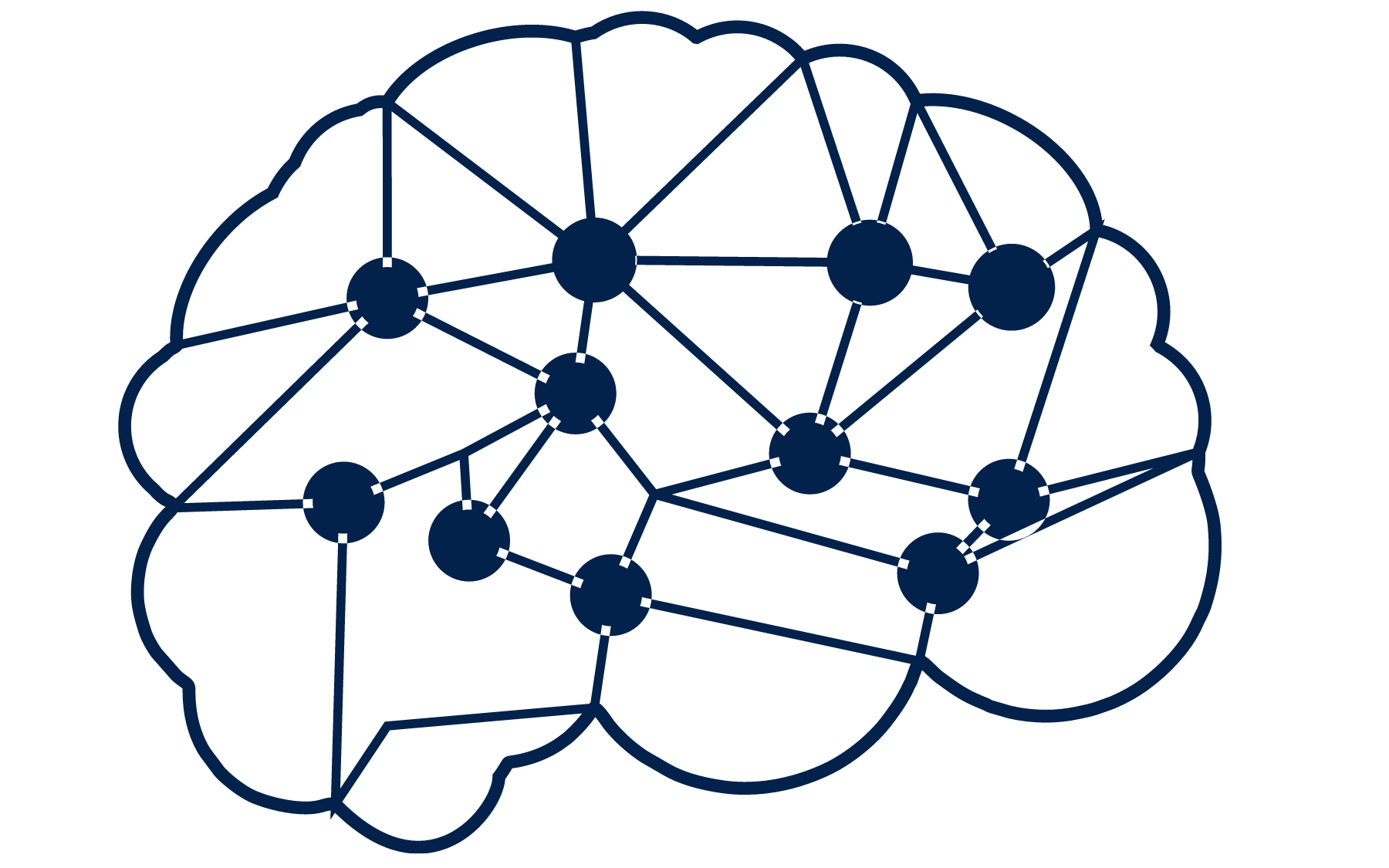
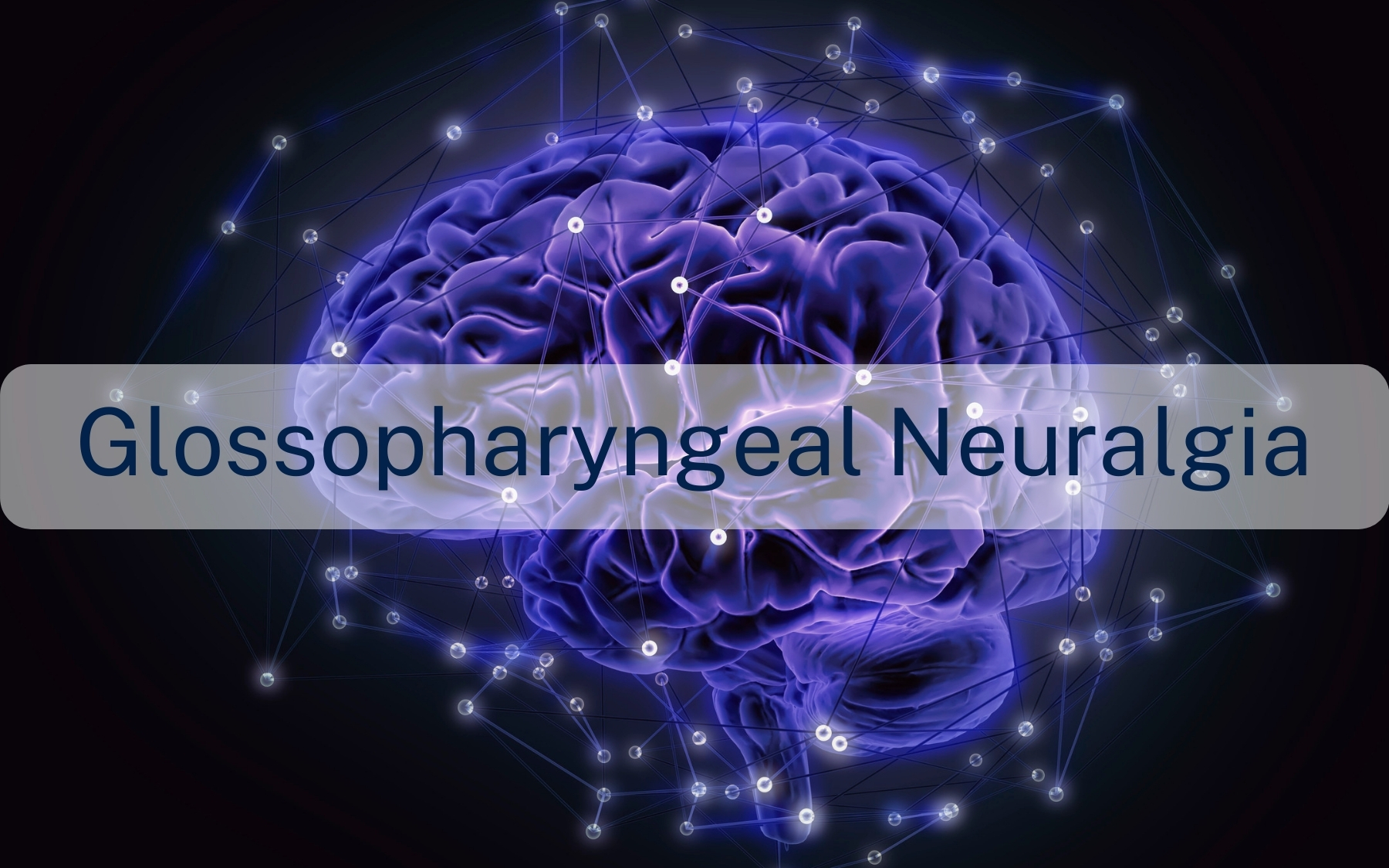
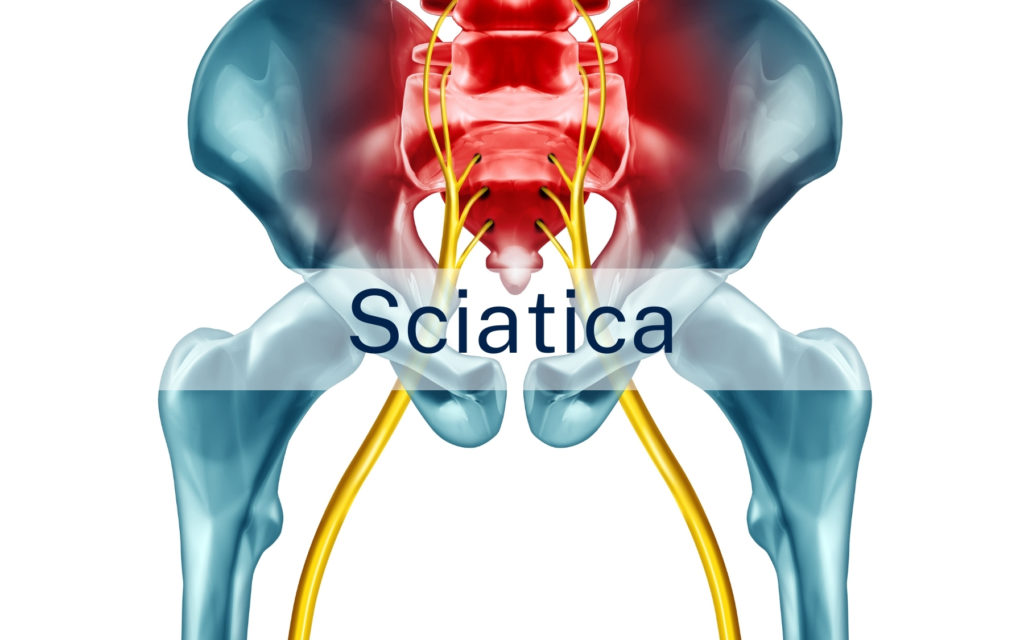
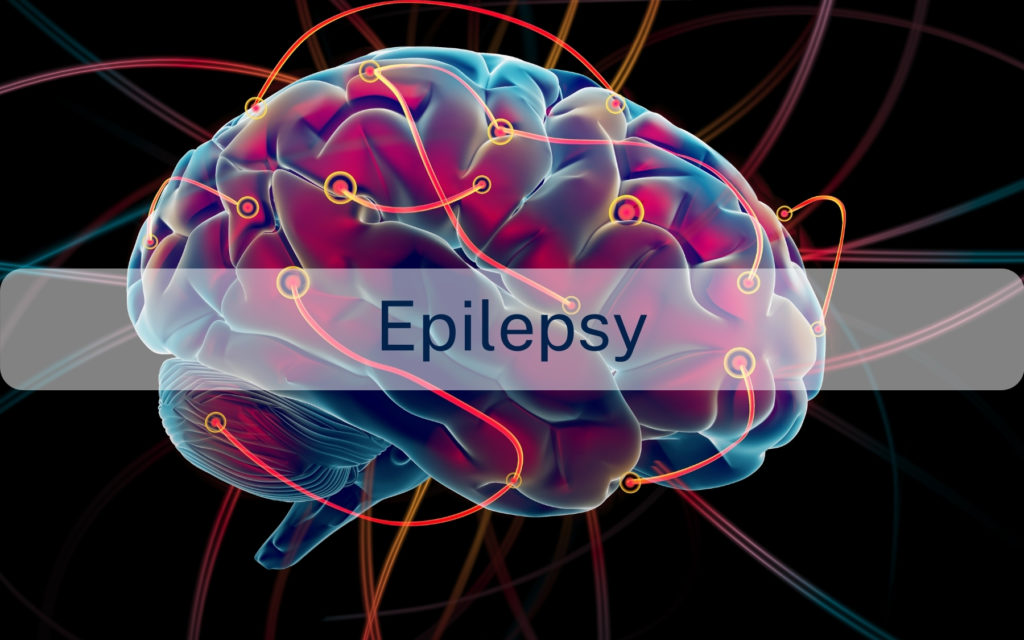
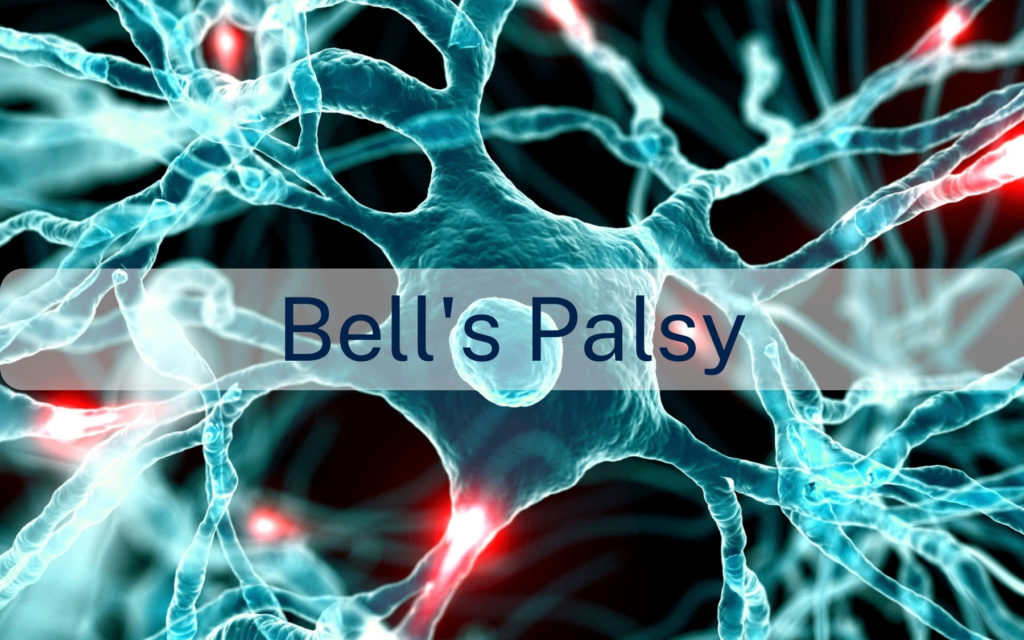
0 Comments